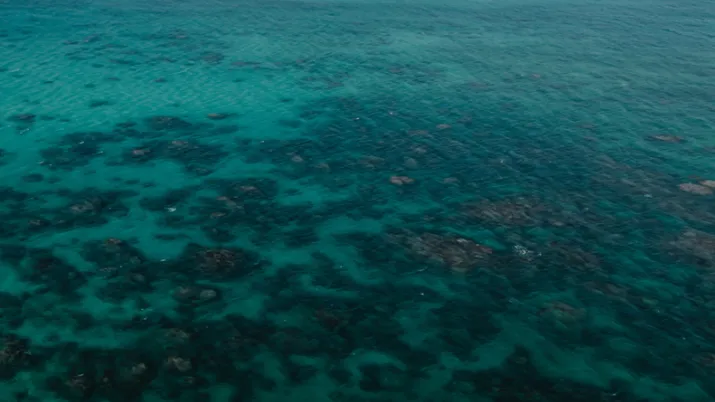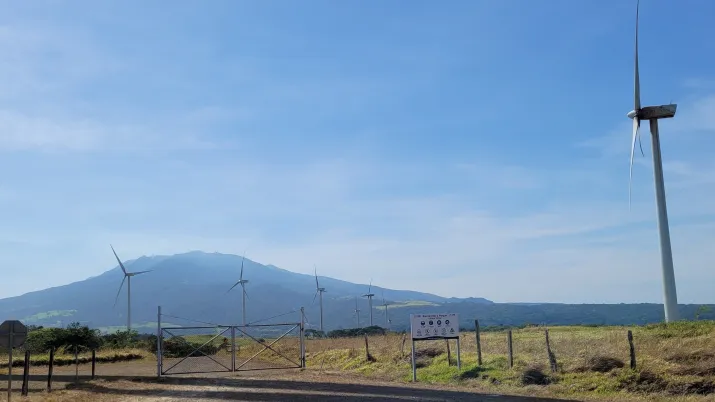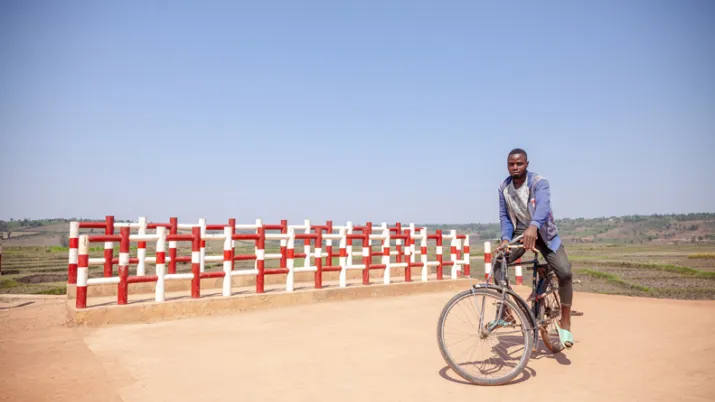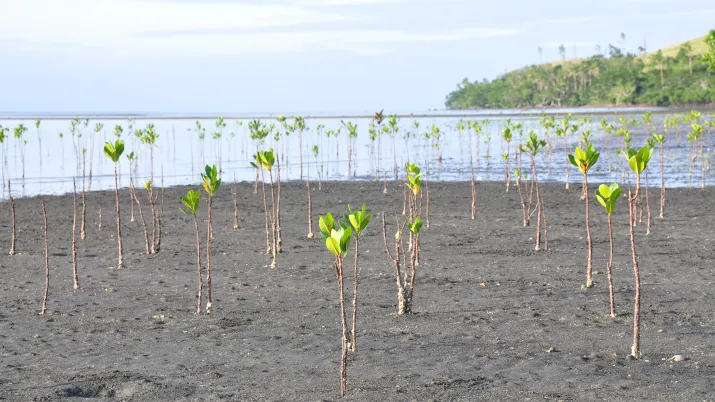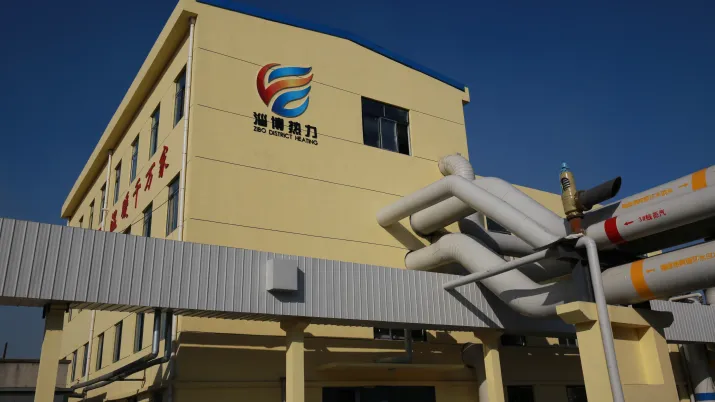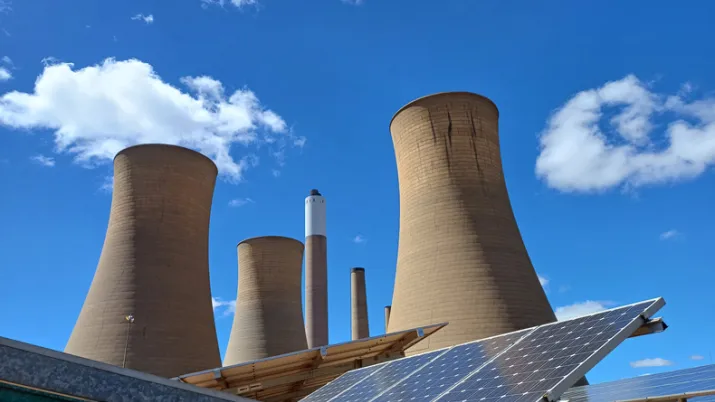Share the page
Supporting the Implementation of Costa Rica’s National Decarbonization Plan
Project
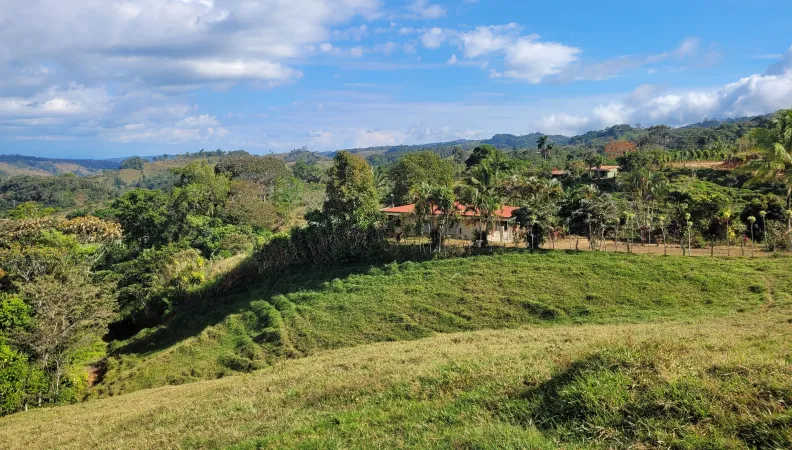

-
Project start date
-
Status
Completed
-
AFD financing amount
-
US$ 324 620 000
-
Country and region
-
Location
-
San José
-
Type of financing
-
Partners
-
Inter-American Development Bank (IDB)
-
Beneficiaries
-
Republic of Costa Rica
Costa Rica is a leading country in the fight against climate change, the preservation of the environment and the decarbonization of its economy. AFD is supporting the policy to decarbonize Costa Rica’s economy which targets the country’s carbon neutrality by 2050.
Context
In the sub-region, Costa Rica not only stands out for its political stability and its high-level social protection and education systems, but also for its continuous political commitment to the preservation of the environment and biodiversity.
However, the economic development of the country and the preservation of its natural resources are now threatened by the effects of climate change. Indeed, Costa Rica, a reservoir of the world’s biodiversity, is one of the most vulnerable countries to its impacts. This situation has prompted the Government to rethink its development model. In early 2019, it validated an ambitious National Decarbonization Plan (NDP) which targets carbon neutrality for the country by 2050.
Description
AFD has assisted the Government of Costa Rica via two policy-based loans. They each comprise a budget support loan, a technical cooperation program and a multi-year dialogue on public policies. Co-financed with the Inter-American Development Bank (IDB), they aim to contribute to the decarbonization trajectory of Costa Rica’s economy. The specific objectives are to:
- Scale up the use of electricity, especially in the transport sector through electric mobility.
- Promote the restoration and protection of ecosystems with high potential for carbon capture.
- Promote low-carbon agricultural production systems.
- Strengthen the management and coordination of climate action.
This project is co-financed with the Inter-American Development Bank (IDB) for an amount of USD 230 million.
Impacts
The low-carbon transition will provide an opportunity to develop new economic hubs and introduce structural changes in the economy. The well-being of people will be increased through the improvement in public transport and air quality in urban areas, and a reduction in pollution currently caused by intensive agricultural models in rural areas.




